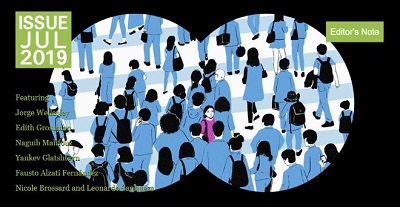Click Here to Read: Review of The World of Psychoanalysis and Psychoanalysts: The Selected Papers of Arnold D. Richards, Volume 5 Reviewed by Nathan Szajnberg.
Click Here to Purchase: The World of Psychoanalysis and Psychoanalysts: The Selected Papers of Arnold D. Richards, Volume 5 on IPBooks.net








